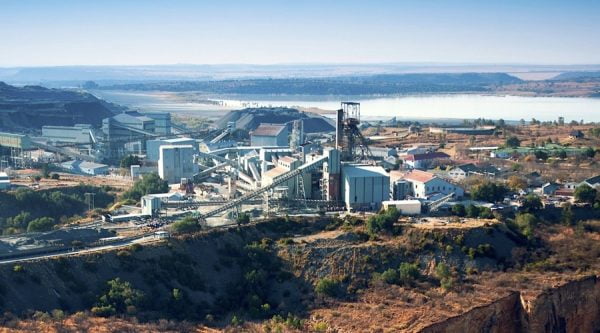Mining companies have requested a judicial review of South Africa’s 2018 mining charter to change clauses related to transactions made in the past to increase black ownership, an industry body said on Wednesday.
In a bid to rectify the wealth disparities of apartheid more than two decades after the end of white minority rule, South Africa has demanded that a proportion of a mining company’s shares are owned by black investors.
Originally set at 26 percent, the black ownership level was raised to 30 percent in 2017
Originally set at 26 percent, the black ownership level was raised to 30 percent in 2017, although companies that had already achieved 26 percent were not required to meet the higher target.
Mining companies have argued that, while they accept the need to raise black ownership to the required level, they should not be required to maintain that level should black investors sell any of their shares later.
The Minerals Council, which represents mining companies, said most aspects of the new charter unveiled in 2018 were “reasonable and workable” but said it should be changed to ensure it recognised past deals related to black empowerment.
It said this should be taken into account when a mining firm seeks to renew or transfer mining rights, deals that are now blocked if black investors do not hold an appropriate stake.
The Minerals Council said it had applied for a judicial review to set aside certain clauses in the charter, including those related to the Precious Metals Act and Diamonds Act.
Minerals Council CEO Roger Baxter said the existing provision in the charter would “have a severely dampening effect on the attractiveness of mining in the eyes of investors.”
He also said it breached an order by the High Court in April, ruling that mining companies did not have to maintain at least 26 percent black ownership in perpetuity.
The new mining charter, which sets ownership and other industry targets, is part of efforts to provide regulatory and policy certainty and attract more investment.
The mines ministry said it would oppose the application for a judicial review and defended the new charter, calling it a workable framework to economically transformation the industry.
“Delaying the implementation of the charter will impact negatively on the positive climate characterising mining and economic investment at present,” the Department of Mineral Resources said in a statement._Reuters





